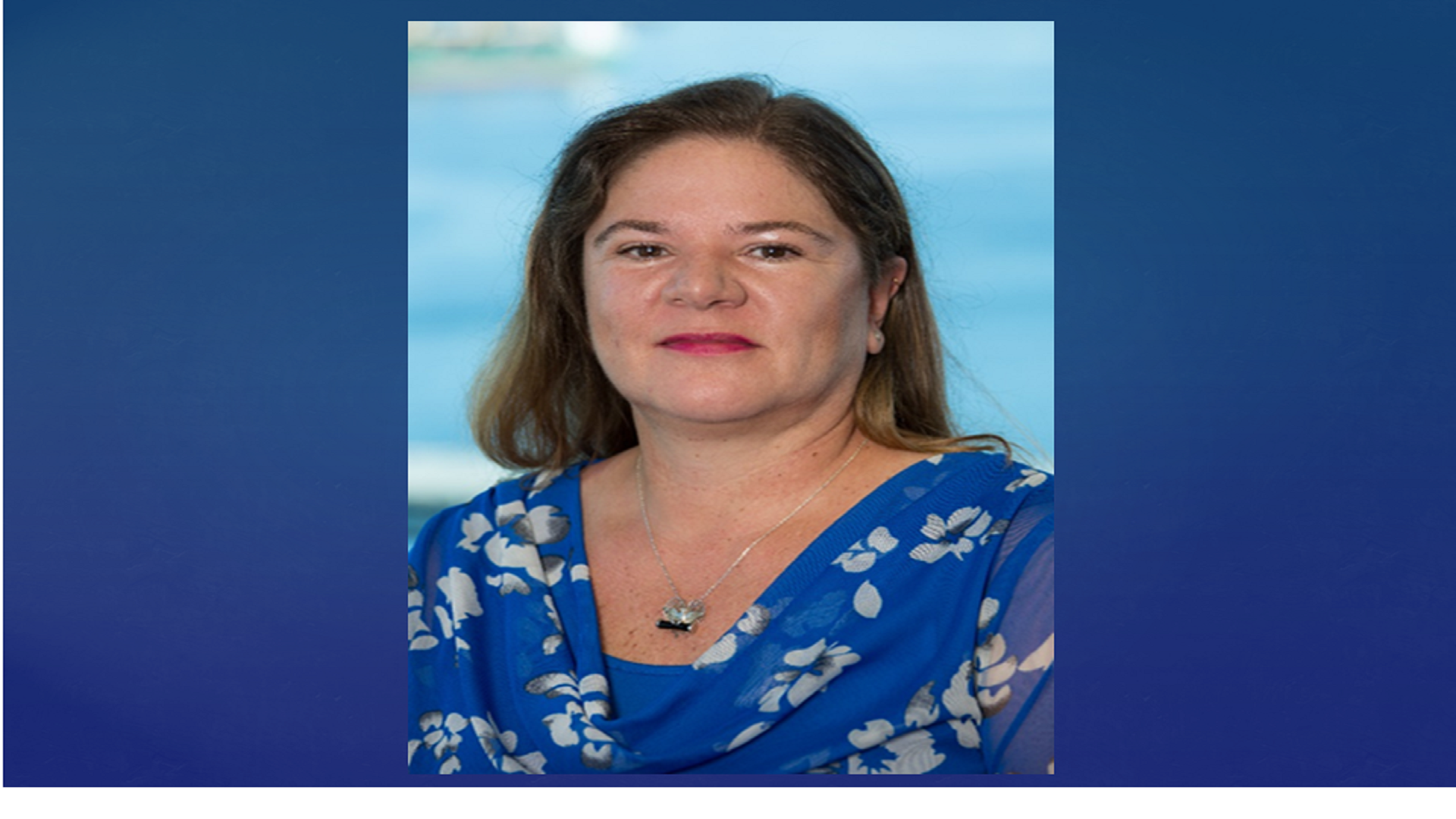The establishment of a Sovereign Wealth Fund (SWF) in Papua New Guinea is likely to take more than a year, according to Zanie Theron, Managing Partner of professional services firm KPMG, which is advising the government. She tells Business Advantage PNG that, although there are challenges, positive signs can be observed in the business environment.

KPMG’s Zanie Theron. Source: KPMG
The PNG Sovereign Wealth Fund Organic (constitutional) Law was approved by the parliament in 2015. It provided the deposit and withdrawal rules of the two sub-funds of the Sovereign Wealth Fund (SWF): the Stabilisation Fund and the Savings Fund.
It is intended that the Sovereign Wealth Fund will be used to house and invest government income from major projects such as the PNG LNG project, and nickel, gold and copper revenues.
Theron says the organic law relating to the Sovereign Wealth Fund stipulates that a large portion of the revenue is to come from extractive industry sector taxes.
‘The revenue is available but it can’t flow into the fund until the fund’s been set up.
‘That’s what we’re working on with Treasury at the moment. I would say it will be at least another year, if not two.
‘There are a few things that need to happen, one of which is the investment mandate [or] investment policy, which is happening now.
‘The secretariat needs to be established, the board structure, the CEO. There is a matrix being determined but that needs to be presented to the Appointments Committee.’
Analysis
Theron says an analysis of the Sovereign Wealth Funds of Australia, Singapore and Timor Leste has been undertaken.
‘We have also done an analysis of the split of investments. What their asset base looked like as a guide to the direction of the Sovereign Wealth Fund.’
Theron says US$1 billion will be required in the Stabilisation Fund before the Sovereign Wealth Fund will be fully operational.
‘The fact that the SWF ‘is a newer style of fund’ could help alleviate PNG’s foreign exchange difficulties.’
‘That is the size that [the Stabilisation Fund] needs to grow to before funds can go from the one fund into the other fund [Savings Fund].
‘It’s a really complicated formula that’s in the organic law. Once one fund gets to a billion, then funds can flow to the second one.
‘Then there’s a specific formula of what it has to do with the returns.’
Impact
Theron says the fact that the SWF ‘is a newer style of fund’ could help alleviate PNG’s foreign exchange difficulties.
It may also affect assistance coming from Australia. ‘Potentially another impact could be that Australian support might reduce as a result of it. Less aid.’
Theron says it could also contribute to the country’s sustainable development.
‘That might enable the country, or the government, to execute projects.’
‘You have an independent organisation, an independent Board that will determine the investments within the investment mandate.
‘They will also determine certain projects within the country.
‘That might enable the country, or the government, to execute projects that they haven’t been able to in the past.’
Economy
Theron believes the PNG LNG project has led to the creation of a growing middle class. ‘Ten years ago, as an example, if you looked at the composition of the Royal Papua Yacht Club, there would not be many Papua New Guineans.
‘Now, with people in our firm who are Papua New Guineans, they all have passports. A lot of them have Australian tourist visas.
‘I know of two manufacturers that have plans to invest locally.’
‘In the past, when I went to Australia, I would be asked to go to the Apple store and get someone an iPhone. There are no requests like that any longer because people are getting it themselves.
‘I see a few more entrepreneurs, and I see a growth in the SME market, and that’s where we would need to focus our efforts in 2018.’
‘I see a leapfrog in technology. I’m very positive about the A$100million the Australian Government’s going to put in the undersea cable because the effect of that on the internet overnight is going to be substantial.
‘I know of two manufacturers that have plans to invest locally if they can find the right investment. They said they were looking at investing A$250million over the next five years.’
Theron believes succession remains an issue in PNG businesses, and especially family businesses.
‘There is zero succession planning. When the children have not been in the business and the founder passes away or retires, the business inevitably deteriorates.’


